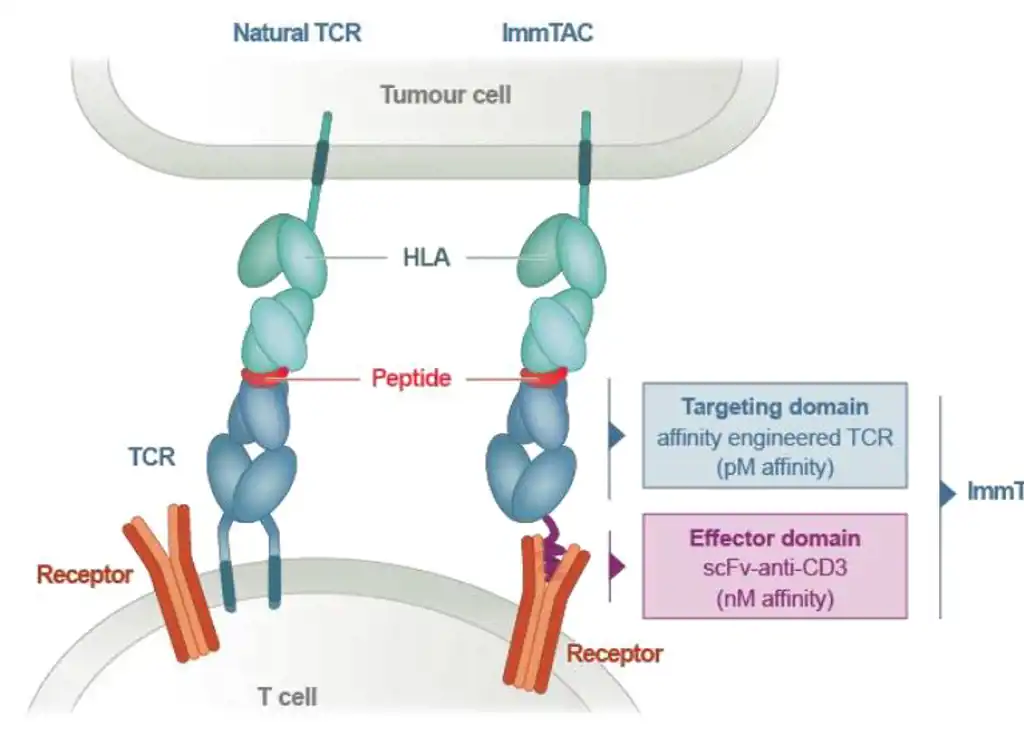11 November 2022
Immunocore presents new data on melanoma tumour progression
Back to results
Immunocore presents new biomarker analysisfor KIMMTRAK (tebentafusp-tebn) in metastatic uveal melanoma at the SITC 2022 Annual Meeting
Expression ofgp100 protein, the target of KIMMTRAK, is unchanged relative to baseline in biopsies at time of tumour progression
Patients with radiographic progression who retain expression of the antigen processing machinery have long survival
Immunocore Holdings plc, a commercial-stage biotechnology company pioneering the development of a novel class of T cell receptor (TCR) bispecific immunotherapies designed to treat a broad range of diseases, including cancer, autoimmune and infectious diseases, has today presented new translational data on KIMMTRAK (tebentafusp-tebn) in patients with metastatic uveal melanoma at the Society for Immunotherapy of Cancer (SITC) 37th Annual Meeting.
Koustubh Ranade, Ph.D., Head of Translational Medicine at Immunocore, said:
“We previously showed that some patients with radiographic progression can still have long survival on KIMMTRAK. In this analysis, we demonstrate that patients with longer survival retain expression of the antigen processing machinery required to ensure recognition by KIMMTRAK.
“Downregulation of the antigen processing machinery is a known mechanism of resistance for all T cell therapies, including checkpoint inhibitors. We also demonstrate that gp100 protein remains unchanged even in patients who had disease progression.”
Biopsies were obtained in up to 18 metastatic uveal melanoma patients shortly after radiographic progression. These tumours were analysed by immunohistochemistry (n=18) or by RNAseq (n=14) for full-length gp100, and for components of the antigen processing machinery (APM) including HLA-A, the HLA that presents the gp100 peptide recognized by KIMMTRAK. The expression of gp100 protein was unchanged relative to baseline and was not associated with overall survival (OS). However, patients with longer OS, despite radiographic progression had higher expression of the APM, including HLA, and higher levels of T cells, compared to those with shorter OS. HLA downregulation has previously been reported as a mechanism of resistance to immune checkpoint inhibitors, including anti-PD(L)1.
To find out more about this announcement, please visit: https://ir.immunocore.com/news-releases/news-release-details/immunocore-presents-new-biomarker-analysis-kimmtrak-tebentafusp



